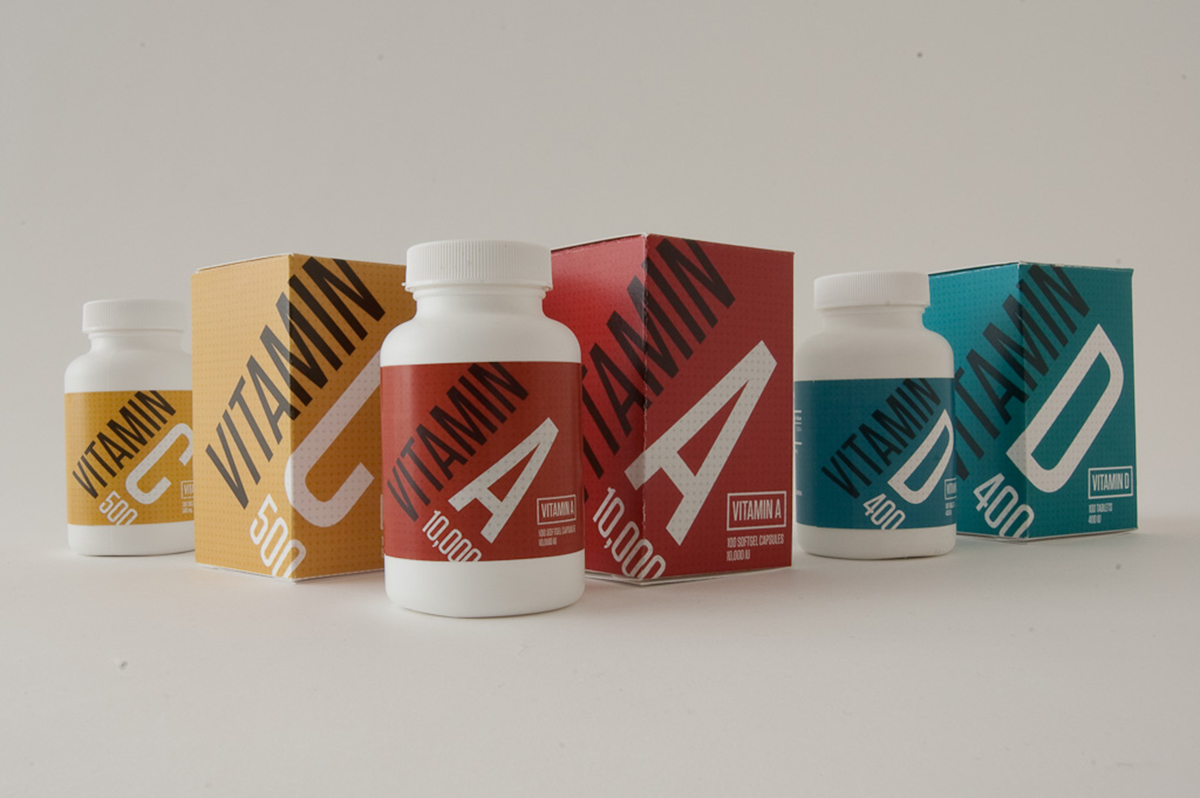Table of Contents
What are vitamins?
Vitamins are any compounds which are essential for normal growth and nutrition and are required in small quantities in the diet because they cannot be synthesized by the body. Therefore you need to make sure that if you are not getting adequate amounts in the foods that you eat its a good idea to take a multivitamin to make sure you have sufficient amounts.

Vitamin A Strengthens The Immune System
This particular vitamin is sometimes known as retinol and has some specific functions. Its key for helping the body to strengthen its immune system to fight off infections as well as to help improve vision in dull light conditions. The last role it plays is helping to keep the skin and linings of the body health in particular the nose. In terms of what foods to eat to maintain your levels of vitamin A the following are all great sources
- cheese
- eggs
- fortified low-fat spreads
- yogurt
- liver is also a rich source but should only eat once a week
The average dose is 0.7mg a day for men and 0.6mg a day for women, it is particularly important that you do not exceed 1.5mg per day as this has been linked to weakened bones in the elderly and could increase the risk of fractures. Also pregnant women are advised not to take excessive amounts of vitamin A or any multivitamins that include A.
Vitamin B Family Takes Care Of Energy, Skin And Nervous System
There are a variety of vitamin B's and they all have very different and specific functions. Some of them are
- thiamin (vitamin B1) - works to break down food to release energy and can easily be found in peas, beans, eggs and wholegrain bread. The average intake should be about 1mg a day.
- riboflavin (vitamin B2) - keeps the skin, eyes and nervous system healthy and good sources are milk, eggs and rice. The recommended daily dose is 1.1-1.3mg for males and females.
- niacin (vitamin B3)- keeps the nervous and digestive system healthy as well as helping to break down carbohydrates for energy. Found in high quantities in meat, fish and eggs. Recommended daily amount is 13-17mg.
- pantothenic acid (vitamin B5) - this is a B vitamin that helps to release energy from food and can be found in a wide range of foods but is particularly high in cereals that are fortified with pantothenic acid. Also you cannot store this vitamin so you need it in your daily diet.
- vitamin B12- helps to make red blood cells, release folic acid and produce energy. Its found in good sources in meat, eggs and fish in particular salmon or cod. You only need a small amount of B12 so if you eat fish or dairy products you should get enough.
Vitamin C Keeps Cold and Flu Away
This is probably the most well known vitamin and we all associate it with keeping colds and flu's away.
See Also: Top 10 Vitamins That Must be a Part of Your Diet
It comes in huge amounts in fruits and vegetables which is why five a day is so important. Some of the best sources are:
- oranges/orange juice
- red and green peppers
- strawberries
- blackcurrants
Adults should be consuming around 40mg per day and it cannot be stored so you need to make sure you get enough in your diet - but this is easily achievable if you eat fruit and vegetables every day.
- Photo courtesy of Colin Dunn by Flickr : www.flickr.com/photos/colindunn/4397922437
- Photo courtesy of Nico Paix by Flickr : www.flickr.com/photos/aerosolhalos/5632678929


Your thoughts on this